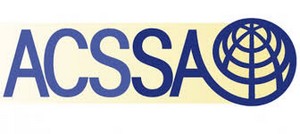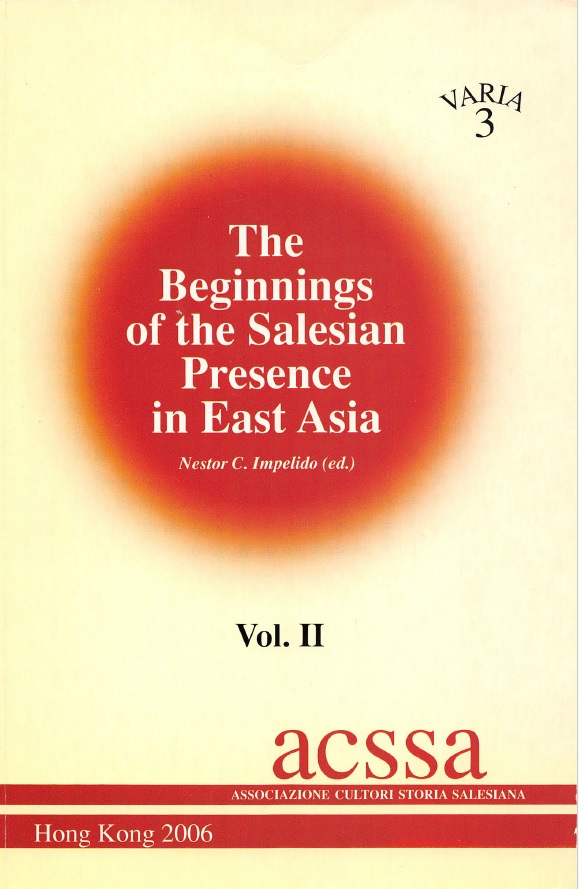This study examines the period from 1922 to 1950 when the Daughters of Mary Help of Christians (FMA) embarked on their educational mission in the Far East. The research delves into the challenges faced by the FMA in managing mission-related works, particularly in navigating institutional relationships with Salesian Superiors and addressing economic considerations.
The study emphasizes the pragmatic approach taken in missionary themes and the alignment of these efforts with the educative spirit of the institute. A key focus is the role of the FMA in collaborating with Apostolic Vicars in founding institutions for indigenous youth. The research explores events in China, Japan, and Thailand, reflecting on the relationship between foundations and the admission of indigenous youth into the FMA Institute. Additionally, the study investigates broader issues such as the genetic components of the “Salesian Family,” challenges of inculturation, and the development of the Catholic Church in multi-religious contexts. The research highlights the impact of the ecclesial and social-cultural climate on the FMA’s mission in the Far East, considering international politics and the relationships between missionary Religious Congregations. Communication challenges and mutual understanding between Far Eastern countries and the General Council in Italy are also examined. With a specific focus on authority, the study explores requests for foundation and the initial experiences of life in the mission. Subsequent communications will provide detailed insights into the specific works undertaken by the FMA in different Far Eastern nations, offering a comprehensive understanding of their missionary endeavors during this historically significant period.
Reference time period: 1920 – 2005
G. Loparco, “The arrival of the daughters of Mary help of christians in the Far East” in “The beginnings of the salesian presence in East Asia” Acts of the seminar on salesian history, Hong Kong, 4-6 December 2004. Vol II, Don Bosco Press, Inc., Makati, 2006, 15-34.
Reference institution:
ACSSA
